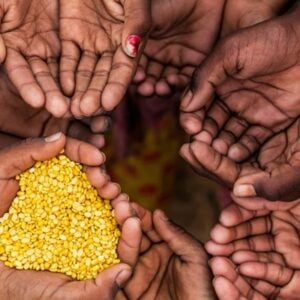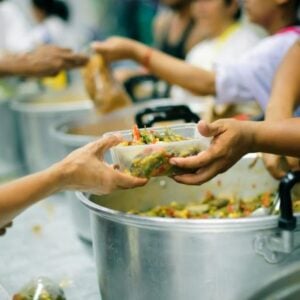The United Nations World Food Programme (WFP) has received a generous contribution of JPY 300 million (approximately US$2.06 million) from the Government of Japan to support critical food assistance for vulnerable communities in Malawi. This funding will enable WFP to procure, transport, and distribute 1,970 metric tons of maize during the 2025/2026 lean season, a period when household food stocks are depleted between harvests.
Malawi continues to face a complex humanitarian crisis driven by recurring climate shocks, economic challenges, and rising malnutrition. Dr. Hyoung-Joon Lim, WFP Malawi’s Country Representative, emphasized that Japan’s contribution will help deliver life-saving food assistance to households during the most difficult months of the year, underscoring the importance of international solidarity in supporting the country’s most vulnerable populations.
The food aid aligns with the Government of Malawi’s National Lean Season Response Plan, ensuring support reaches households most affected by food insecurity. Ambassador of Japan to Malawi, Yoichi Oya, highlighted Japan’s commitment to assisting Malawi in mitigating food insecurity and building resilience against climate shocks, reflecting a broader partnership focused on peace, stability, and sustainable development.
The Government of Malawi is set to implement the 2025/26 Lean Season Food Insecurity Response Programme (LS-FIRP), guided by findings from the Malawi Vulnerability Assessment Committee (MVAC). Japan’s contribution strengthens preparations for delivering timely relief assistance under this program, supporting emergency response efforts and enhancing the resilience of food-insecure communities.
Reverend Moses Chimphepo, Commissioner for Disaster Management Affairs, noted that Japan’s support will make a significant difference in breaking the cycle of food insecurity and enabling vulnerable communities to recover. Japan’s continued aid to Malawi also extends to grant assistance, technical support, and training, reflecting a long-standing commitment to capacity building and sustainable development in the country.






